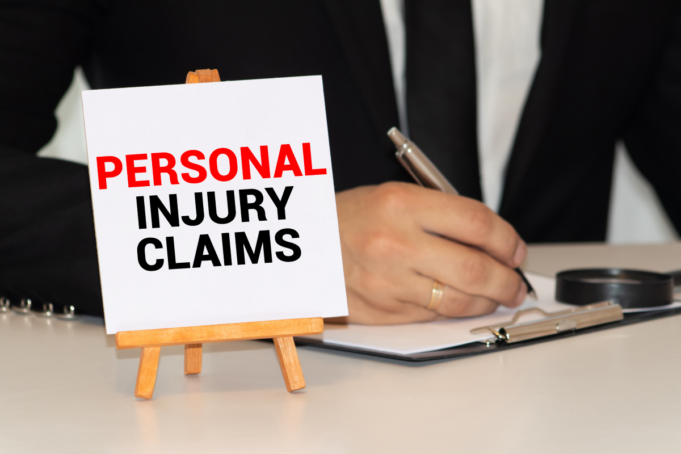Receiving a personal injury claims settlement can be a pivotal moment in one’s life. It’s not just about the monetary compensation but about the acknowledgment of pain, suffering, and disruption caused by someone else’s negligence. However, once the euphoria or relief of winning the claim wears off, the practicalities set in. What exactly should you do with that sum? Here’s a guide to help you use your settlement wisely.
Immediate Medical Expenses
Before anything else, ensure that all your immediate medical needs are taken care of. Even if you’ve received treatment, there might be future medical appointments, therapies, or medications that are essential for your recovery. Some injuries have long-term implications, and you’ll want to ensure that you have the financial means to manage these.
| Medical Expenses | Average Cost (UK) | Notes |
| Physiotherapy session | £40 – £70 | Costs can vary based on the practitioner’s expertise |
| Prescription medication | £9.35 per item | Some may be entitled to free prescriptions |
| MRI scan (private) | £200 – £500 | Public health services might offer it for free |
Clearing Outstanding Debts
If the injury led to a loss of earnings and, consequently, the accumulation of debts, it would be wise to clear those first. Whether it’s unpaid utility bills, mortgage arrears, or credit card debts, settling these can provide immense mental relief and ensure that your credit score remains intact.
Understanding the Personal Injury Claims Process
Embarking on a personal injury claim can often seem daunting, given the legal intricacies involved. Typically, the process starts with the victim, known as the ‘claimant’, establishing that another party was at fault for their injury. This is followed by gathering evidence, which might include medical records, witness accounts, and other relevant documentation. Negotiations between both parties ensue, with many cases being settled without proceeding to court. However, if an agreement isn’t reached, the case might be presented before a judge. Throughout this journey, it’s paramount to have legal counsel who specialises in personal injury to navigate the complexities and ensure the best possible outcome. For a more in-depth understanding and detailed guidance, you can find out more about personal injury claims here.
Invest in Rehabilitation
Beyond immediate medical needs, consider investing in rehabilitation that might improve your quality of life. This could include physical therapy, counselling or even occupational therapy, which can assist you in returning to work or finding a new, more suitable profession.
Future Security: Investing Wisely
After addressing immediate concerns, consider the future. You might want to consult with a financial advisor who can guide you on the best investment opportunities, ensuring that the compensation continues to benefit you in the long run. This might mean putting the money into a fixed deposit, investing in stocks, or even purchasing property.
Considering Professional Financial Advice
It’s always a good idea to get professional advice on managing a significant sum of money. Financial advisors or planners can provide insights on tax implications, investment strategies, and other essential aspects to maximise the benefits of your settlement.
Supporting Mental and Emotional Well-being
Physical injuries often come with emotional scars. It’s crucial to acknowledge and address these. Consider setting aside a part of your settlement for mental health support, whether it’s regular therapy sessions, joining support groups, or other therapeutic activities that promote healing and well-being.
A personal injury claims settlement is more than just compensation for physical harm; it’s a chance to rebuild and reclaim one’s life. By using the money judiciously, one can ensure not just immediate relief but long-term security and well-being. Whether it’s for medical needs, clearing debts, or securing one’s future, every decision should be well-informed and made in the best interest of one’s holistic recovery.


















